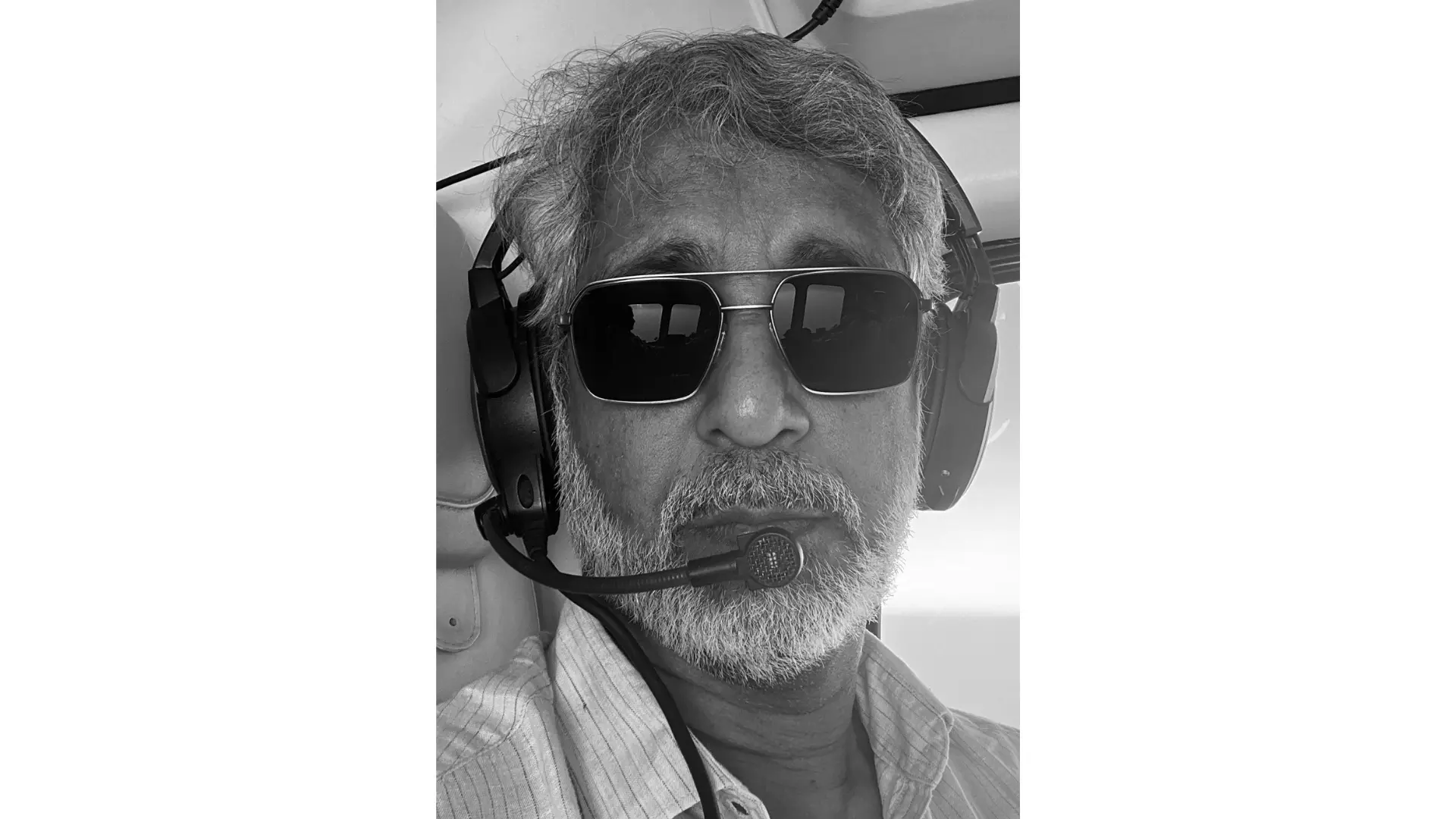Bharat Biotech underplayed role of ICMR, NIN in Covaxin development
Earlier this year in May, Bharat Biotech claimed that the ICMR did not contribute or do anything much for the development of Covaxin

HYDERABAD: Earlier this year in May, Bharat Biotech claimed that the Indian Council of Medical Research (ICMR) did not contribute or do anything much for the development of Covaxin, India’s first indigenous Covid-19 vaccine, other than providing a virus strain from the National Institute of Virology (NIV) in Pune. The Hyderabad-based pharma company also said the ICMR had “assisted” with animal tests of Bharat Biotech’s vaccine candidates that actually made the development of Covaxin possible.
Both the claims of Bharat Biotech, one of India’s major pharma and vaccine giants, to put it charitably, are disingenuous, prove research into documents, and conversations with people in both the government-owned institutions and other sources.
During a panel discussion organised by the Confederation of Indian Industry and private television channels in May 2021, Dr Suchitra Ella, a top official of Bharat Biotech (holding the position of joint managing director), however, did acknowledge that NIV and ICMR “collaborated” with the company for “animal studies” because private industry does not have access to such animals. But she denied on behalf of her company that there was “any technology transfer involved” from the NIV to Bharat Biotech.
Research shows that on the contrary, Bharat Biotech was completely dependent on the Indian Medical Research Council-National Institute of Virology, Pune, for animal testing of its candidate vaccines and all tweaking required in the vaccines to make them effective against the SARS-CoV2 virus.
The private sector vaccine maker headed by the Ella couple was also dependent on the ICMR when it requested for a special delivery of 30 pairs of Golden Hamsters to the RCC Laboratories, an associate company of Bharat Biotech, ostensibly to undertake toxicology studies of the vaccine.
Incidentally, it was another city-based research facility, the National Institute of Nutrition (NIN), also an ICMR lab, for the supply of Golden Hamsters, a rodent popular for animal testing studies of vaccines and drugs developed for human use. It was the NIN, Hyderabad, which supplied around 100 pairs of these animals to NIV, as well an additional 30 pairs to the Bharat Biotech-owned RCC Laboratories.
Following the delivery of Golden Hamsters to the RCC Laboratories, there were fears within the ICMR network that the animals could be bred and resold to other research labs. Such was the worry that the prized lab testing animals could be bred and sold without permission from the ICMR, that the issue was flagged up the ICMR chain of command to reiterate that no such activity could be permitted.
It was reliably learnt that nothing more was heard about the fate of the 30 pairs of Golden Hamsters or the studies for the purpose for which they were specially requisitioned.
Sources said Bharat Biotech’s near “dismissive attitude” towards NIV’s contributions to the development of Covaxin hides the fact that the company was at no time, in any position, to carry out either in vitro or in vivo tests on the SARS-CoV2 virus, a facility that only NIV, Pune, holds and has owing to its Bio-Safety Level 4 lab, which is mandatory for conducting any studies, or tests, on highly contagious organisms such as the Covid-19 causing virus.
It was at the NIV that scientists and researchers first established whether SARS-CoV2 multiplies in Golden Hamsters. The NIN scientists then proceeded to studying the virus in what are called ‘challenge’ studies of the virus and the vaccine candidates in mice, the hamsters, and finally in Rhesus Macaques – a common monkey in India – which were caught in Maharashtra and then rushed to NIV for studying the virus in primates, the final step before starting human trials of a vaccine.
Sources said the worst of it all was how events at NIV unfolded, following the ICMR lab getting into the act to collaborate with Bharat Biotech, was that a substantial number of the NIV staff contracted Covid-19 during the testing phase. There is total silence on whether the company that prompted and sought collaboration with NIV – in this case Bharat Biotech – provided compensation for the Covid-19 hit NIV staff.
There has also been no clarity so far from ICMR whether Bharat Biotech, as per standing rules – revised ICMR guidelines for sponsored and collaborative R&D - has borne the 50 per cent of all cost incurred by an ICMR lab in such collaborations, has been adhered to by the private sector partner.
The ICMR, previously in reply to an RTI query from a news magazine, said the estimated cost incurred by ICMR towards development of Covaxin was `35 crore. However, sources said the figure put out by ICMR was a conservative estimate and the actual cost – when calculated properly in terms of NIV’s human resources, intellectual investment, time and establishment costs – would be much more.
When contacted with seven specific queries relating to its collaboration with Bharat Biotech, the NIV responded saying “a lot of the information is there from the publications that have come out of this venture.”
Prof. Priya Abraham, lab director, did not elaborate any further.
The NIV also did not respond to a query on the number of its technicians and staff involved in the Bharat Biotech sought study of the SARS-CoV2 virus, or how many of its staff contracted Covid-19 during animal trials, or whether there were any fatalities among the staff in the process, and who compensated for the treatment costs of such individuals.

